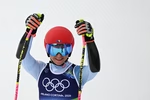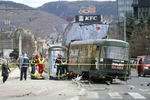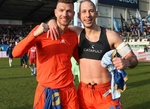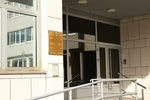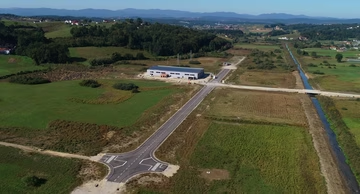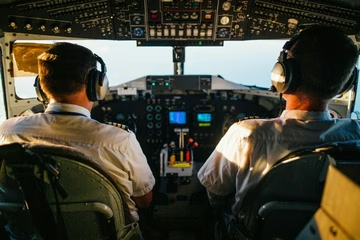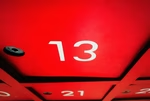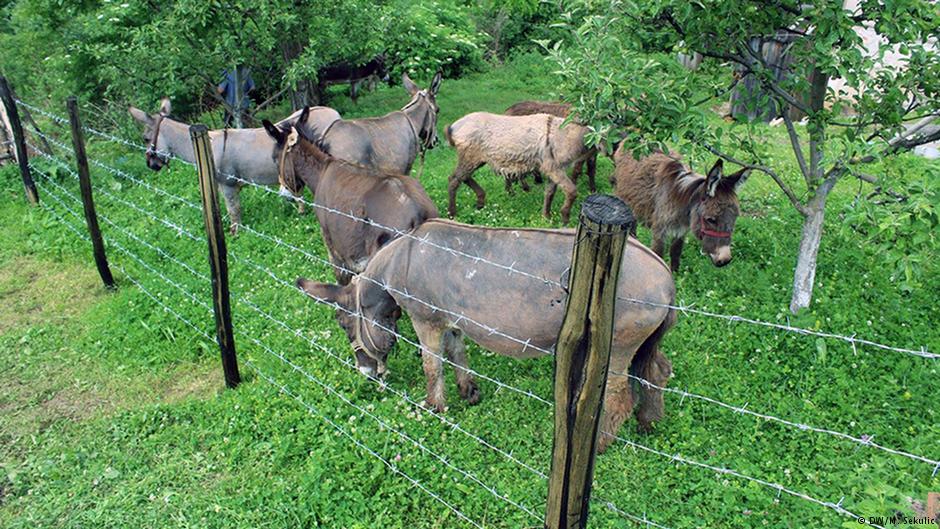
When Alen Dzindo gave his son donkey milk to try and cure his coughing and insomnia, he never expected that it could open up the doors to a business that can support his family of six.
When Dzindo, a Bosniak, returned to his pre-war home in 2003 in the northeastern town of Vlasenica, he found a Serb family from Sarajevo living in it. Despite this, he moved in and began renovating the house.
“We lived together for a year, under the same roof, until they built their own house and moved. They stayed here in Vlasenica and still today we are friends and we maintain a great relationship,” Dzindo said, adding that he has a lot of Serb friends in Vlasenica.Marinko Sekulić
“We work together, we help each other, we celebrate all holidays together and we share the good and the bad,” he said.
Although Dzindo is a trained traffic technician and his wife Meliha is a chemist, they found no jobs when they came back to Vlasenica. They managed to get by somehow for several years.
But then, their oldest son, Tarik, became severely ill.
“We took the child to various hospitals for three months,” they said.
The boy was then hospitalised at the Slavinovici Clinic for Department of Pulmonary Diseases in Tuzla.
“The child coughed all the time. He couldn’t sleep, they had to give him sedatives. He lost his voice because of the severe coughing,” Dzindo explained.
Doctors then advised the family to take the boy to a clinic in Kamenica, near the Serbian town of Novi Sad, which is better equipped. However, the family could not afford it.
“I think that it was 4,500 Euros for ten days in the hospital and the tests, which we didn’t have,” he explained.
“But then a nurse suggested we should try to give the child donkey milk as an alternative cure. In such situations, you do anything you can, so we tried it,” he said.
A few days later the family bought a donkey, as this made more sense financially than searching for the milk.
“We took the child out of the hospital on our own responsibility, and we brought him home. We also took the donkey home and my wife began to milk it. Several times each day, up to a half a coffee cup, because a donkey only gives a decilitre to a decilitre and a half of milk daily,” Dzindo explained.
The boy regained his voice after drinking the milk for six days, Dzindo said.
“After that, he began sleeping without sedatives, his coughing decreased (...) and on the eleventh day my child was healthy as if he would have never even been sick, and he started going to school in Sarajevo,” he said.
But the child’s fate also opened up the opportunity for a new business for the family.
The story about the boy’s improved health spread throughout the neighbourhood, among friends, and further.
“The father of a friend, an old man, 80 years of age, didn’t leave the house due to severe asthma. After several days of consuming donkey milk, he began walking, he didn’t want to enter the house anymore,” Dzindo said.
He said that people were amazed and began asking him for donkey milk.
But donkeys can only be milked when they have offspring. When the offspring stops suckling, the donkey may lose the milk within 24 hours, he said.
“I couldn’t explain to people that there is no milk anymore, so, over a cup of coffee, my wife suggested that we should start a business of producing and selling donkey milk,” he said.
This was four years ago. Today, the family has a herd of between 40 or 50 donkeys.
“Old people say that revealing the true number (of one’s herd) is not good and that this is how you may jinx it, so I always say that I have less than 50, but more than 40,” he said while laughing.
The first two donkeys were put into a wooden shed. When the number grew to about six or seven, a cousin gave the Dzindo family an abandoned house nearby. Soon after, the family bought 300 square metres of land, and after they acquired the means to do so, they built a barn there. The family then bought the surrounding land and built a farm on 20 hectares of land.
“We managed to achieve everything with our own work and investments. We bought the land, we borrowed money, paid back our debt, and we turned a jungle into a pasture,” he said, adding that he received no donations from anyone, including the government.
That is because he was never a member of a political party, he said.
“I don’t visit mosques or churches, I don’t ask anyone for any charity, and those in power today don’t like such people, they don’t give them anything, they take away things when they can,” he said.
Despite all the work and sacrifices, the Dzindo family said it all paid off and that they never even thought about leaving Bosnia.
Dzindo said that nothing is regulated properly in Bosnia and that, would the government give young people jobs and a decent salary, they would not be seeking to leave the country.
“In neighbouring Croatia, the subsidy on one milking donkey is 250 Euros. Here, it is not even included in the laws,” he said.
Dzindo explained that, for his family, the day at six in the morning and lasts until late into the night. It is a family business, and every family member plays a role, he said.
Apart from the donkeys, the Dzindo family also owns a breeding mare, a young goat, two ponies, two dogs, several chicken and cats, and they are now also building a cage for fowl to expand their farm.
Kakvo je tvoje mišljenje o ovome?
Učestvuj u diskusiji ili pročitaj komentare





 Srbija
Srbija
 Hrvatska
Hrvatska
 Slovenija
Slovenija















